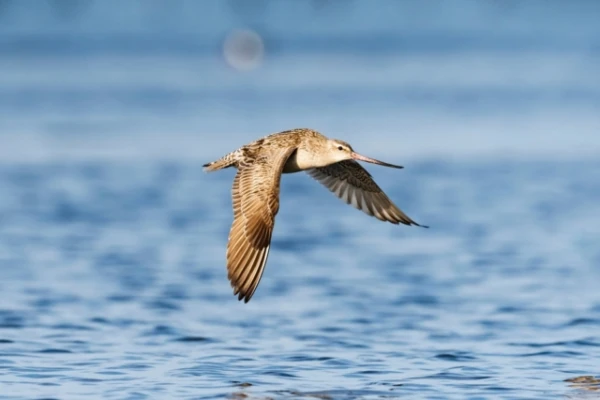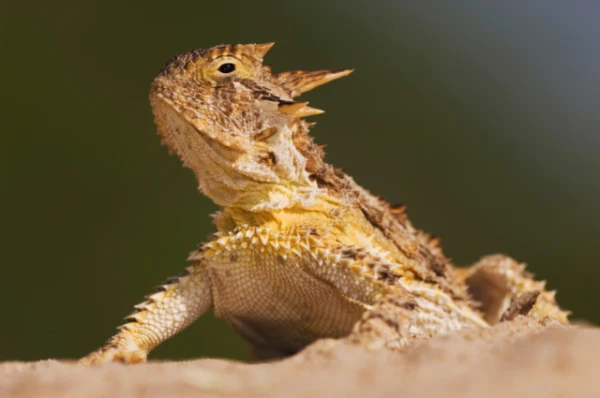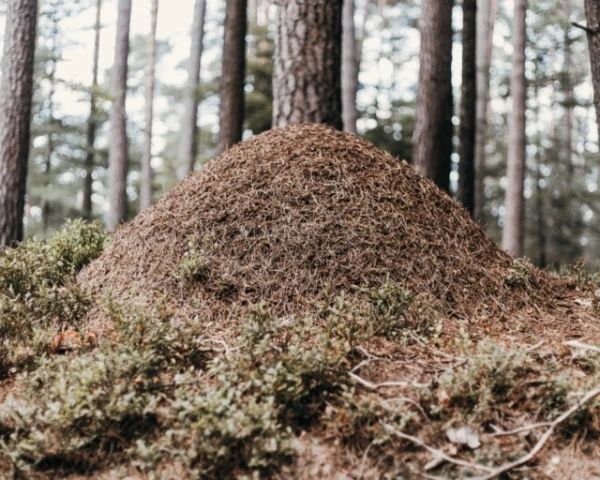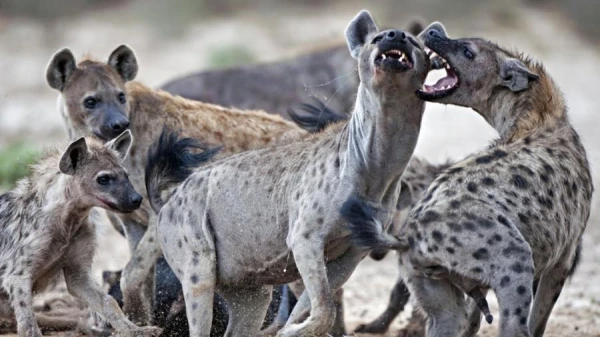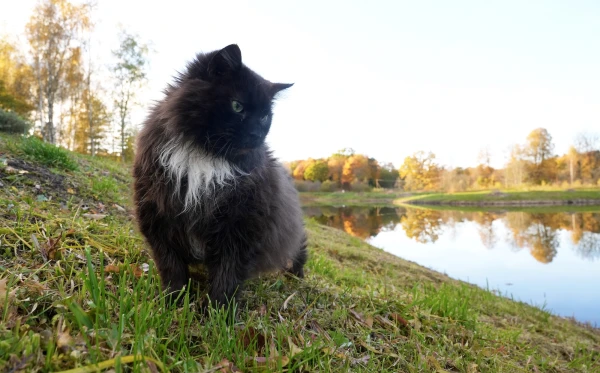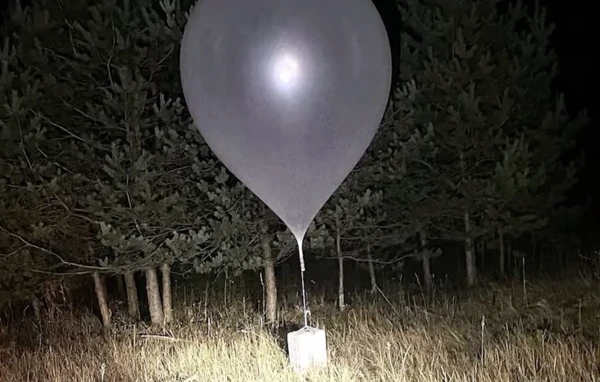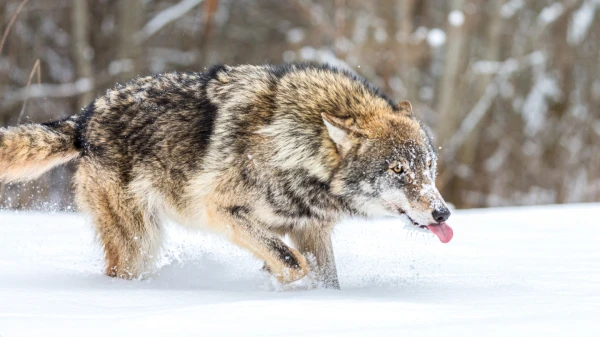
The astonishing behavior has been recorded, but they cannot yet explain it in detail.
On a remote island of Prince of Wales in Alaska, scientists are observing a unique phenomenon: gray wolves have switched from traditional prey to sea otters. This unexpected change in predator behavior could have far-reaching consequences for coastal ecosystems. The pristine rivers of Alaska are turning orange.
Graduate student Patrick Bailey from the University of Rhode Island analyzed stable isotopes in the tooth layers of wolves. Setting up camera traps to document hunting strategies and studying 250,000 images of wolf and otter activity showed that wolves have learned to catch otters, but it is still unclear how they do it.
"How exactly wolves hunt sea otters is a key question that remains unanswered," notes Bailey.
Historically, sea otters were nearly exterminated due to demand for their fur. As otter populations recover, the wolves of Prince of Wales Island have likely returned to ancient behaviors.
Researchers suggest that such predator behavior could influence the dynamics of sea otter recovery and create new links between terrestrial and marine ecosystems. However, there is also a concerning trend. Coastal wolves have shown methylmercury levels in their livers that are 278 times higher than their mainland counterparts. This toxic form of mercury accumulates in sea otters and is passed along the food chain.
"Mercury accumulation can cause reproductive disorders, physiological problems, and behavioral anomalies," warn scientists.
Ecologists plan to expand their work to the eastern coast of North America and conduct a comparative analysis of skulls from coastal and mainland wolf populations. Data collection will continue for several years, allowing for a better understanding of the evolution of predatory behavior in changing ecosystems.



